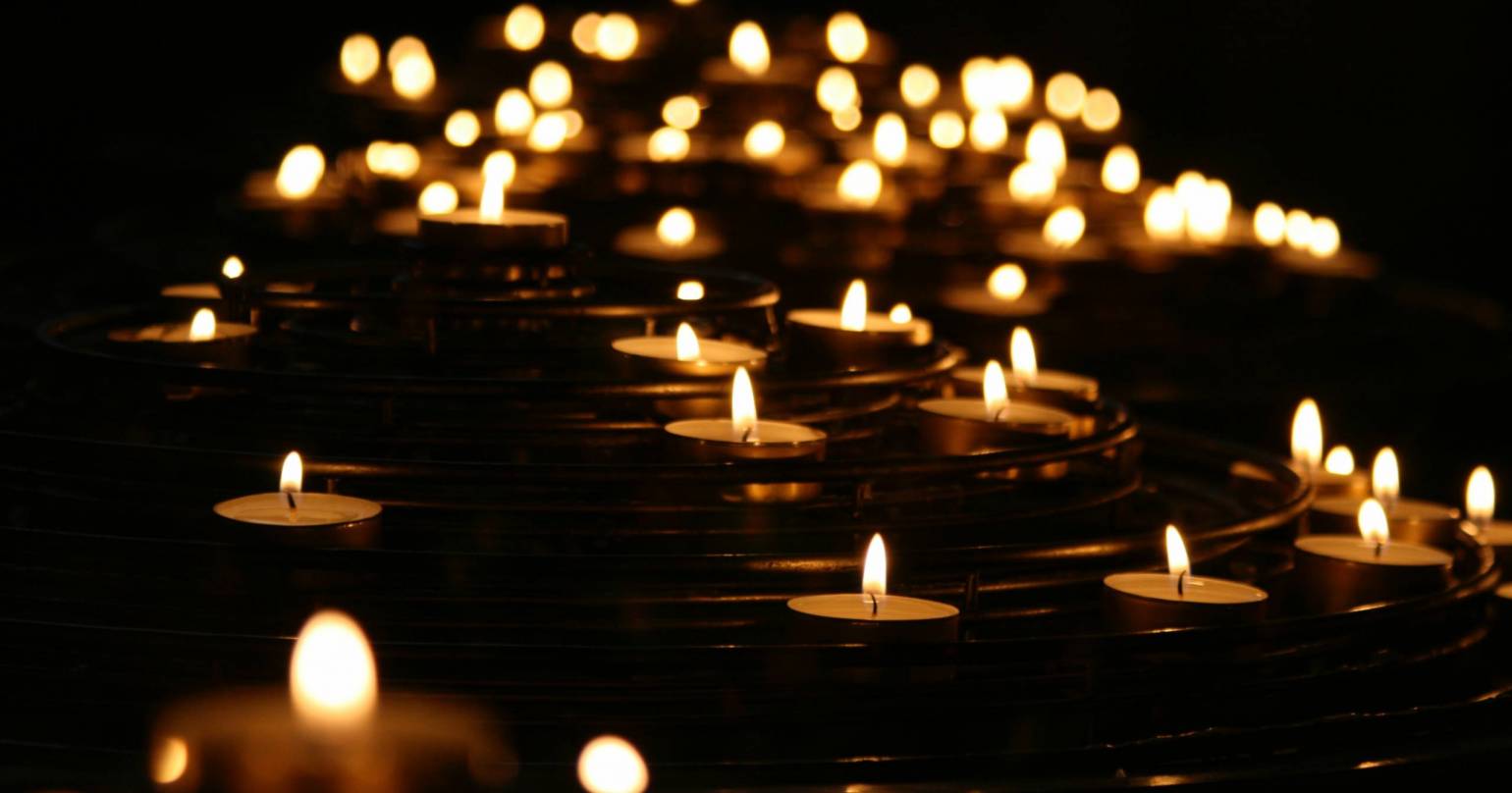Loss and meaning making
When we lose someone close to us, we have a sharp realisation that the reality of suffering is unfortunately inevitable; nothing is permanent and we will all lose something/ someone in the course of our lifetime.
The people that we choose to socialise with, live with and spend time with all become vital to our belief systems- meaning when they die, we lose our sense of self too as well as the person we cared about.
When that person leaves us, we can often be left questioning ‘Why me?’ What have I done to deserve this loss?’ ‘It wasn’t their time to go.’
These are soul-searching questions and they can often cause more discomfort and suffering. We spend our lives maintaining relationships, nurturing them and putting effort into keeping them happy, buoyant and in the shape of the things we need from them- we feel vulnerable and threatened when we lose this sense of stability; it feels like it’s gone wrong and we are to blame.
As a race, we tend to want to find meanings in our lives in order to make sense of our world and our surroundings. With meaning we can forge a purpose, create order and establish where we sit in the world.
In facing death and loss we are faced with having to relearn and make new meanings; essentially death means a reprocessing of information and a reconfiguration of your sense of self. If you make their death your responsibility then you create a new purpose for yourself, but it is self-destructive and inaccurate, which in turn causes more distress to the grieving process.
Loss doesn’t have to be about death, it can be a loss of identity from redundancy, it can be the end of a relationship, it can be passing from one school to the next, passing from childhood to adulthood; there are many forms of loss and grief is a nature reaction to loss.
The way we grieve can be bound up in stereotypes and also cultural expectations. Some people stay with it and ride the waves it presents them on a day to day basis, some get on with life but fail to address how they feel; it is considered that a balance between these two is beneficial in coping with grief. Staying in one mode rather than moving between the two can cause distance and problems with communication.
Many phrases have sprung up around grief such as ‘You need to let go,’ ‘You need to move on.’ These are borne out of expectations of what is socially appropriate in terms of the length of a grieving period. The reality is that once a person loses a loved one then letting go and moving on rarely happens; the person naturally and at their own pace realises and accepts the relationship with that person has changed and that a symbolic relationship can exist in place of the physical relationship that once existed. It has been rather eloquently termed ‘renegotiating’ the bond with that person.
How to renegotiate the bond:
A person’s life and death have significance to those who cared for them. When they are gone then the meaning of our own lives is questioned- think about where you fit now and what strategies are helping you and which ones are causing you more pain?
We can appraise what losing them has meant- if they died tragically in difficult circumstances, is there work that can be done to make a difference to ensure it doesn’t happen for others? This can offer meaning to death and create a lasting and public memory of that person.
Much meaning can be borne out of lessons learned and how we process that information. Can these learnings be used for good?
Living a compassionate life to self and others can be a way of honouring that person.
Exploring new opportunities can be a way of not limiting your life in the wake of your loss; connect with the plans you had previously, and consider what does limiting your future accomplish?
Look at what that person meant to you and think about if you have other gifts for the world; that person formed a part of your life and offered you something, much as you offered them something. Can you take those gifts and affect your environment with them?
You may feel angry with the person who died for leaving you; it’s OK to explore that, not all your memories will be good ones and if these are remembered at times too then it only adds to the rich adventures you had together.
‘It isn’t about turning a sad story into a positive but more about piecing back the fragments, toning down the emotions over time.’ (Neimeyer)
- Consider how your story can change
- Allow your feelings and emotions to be felt and consider what needs you have right now and how they can be met
- Consider reinvention and dare to picture who you can be.
If you’d like help with the last three points, feel free to click contact and find out how counselling can help you with bereavement, loss and grief.
Photo by Mike Labrum on Unsplash

Add Comment